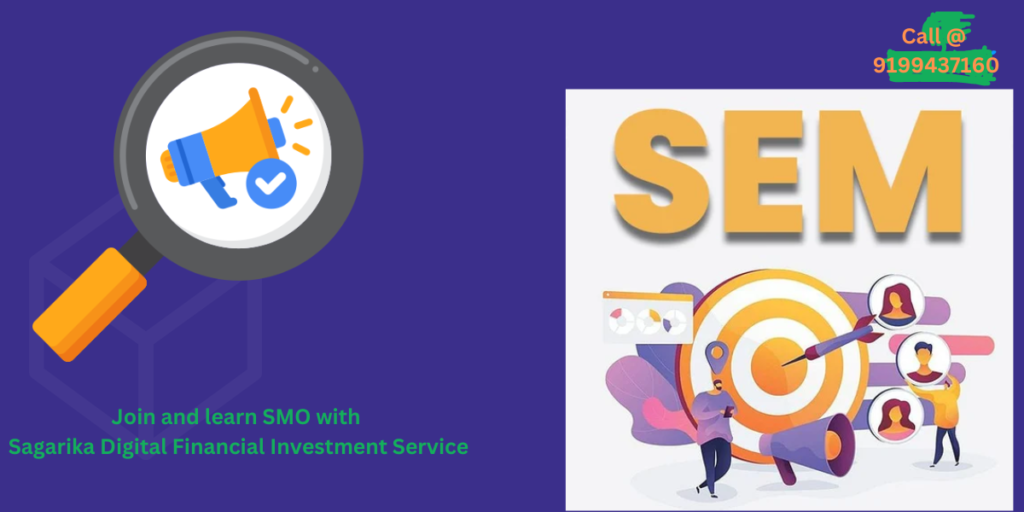In today’s fast-paced digital world, businesses are constantly seeking powerful and efficient ways to reach their target audience and increase their online visibility—and Search Engine Marketing (SEM) has emerged as one of the most result-driven strategies available. Unlike traditional SEO, which focuses on gradually building organic traffic, SEM offers immediate visibility through paid ads on search engines like Google and Bing, allowing businesses to rank at the top of search results in a matter of hours. This instant exposure is invaluable, especially for startups and time-sensitive campaigns, such as product launches or limited-time offers. With SEM, companies can precisely target their audience using a variety of filters like geographic location, device type, age, interests, and even the time of day, ensuring that their ads are displayed to users who are actively searching for their products or services. This granular level of targeting not only enhances the chances of conversion but also ensures that marketing budgets are spent efficiently. SEM is also highly flexible and scalable—businesses of all sizes can set daily or monthly budgets, control how much they pay per click, and adjust campaigns in real-time based on performance. This cost-control feature, combined with the pay-per-click (PPC) model, means that advertisers only pay when someone actually interacts with their ad, making SEM one of the most cost-effective marketing tools available. Additionally, SEM provides detailed analytics and performance metrics such as impressions, clicks, conversions, cost-per-click (CPC), and return on investment (ROI), allowing businesses to continuously monitor, test, and optimize their strategies. Features like A/B testing empower marketers to experiment with different headlines, ad copy, and landing pages to determine what resonates best with their audience. Over time, SEM also supports brand awareness by repeatedly placing your business in front of potential customers, even if they don’t click on your ad immediately—this repeated exposure builds familiarity and trust, which can influence future purchasing decisions. Moreover, SEM helps level the playing field for small businesses that may struggle to compete with large corporations in organic search rankings. By smartly bidding on relevant keywords, even a small business can appear above a competitor in the search engine results. SEM is also an ideal complement to other digital marketing efforts such as SEO, content marketing, and social media campaigns, helping to drive traffic to specific landing pages, promote new blog posts, or reinforce brand messaging across platforms. For businesses with a local focus, geo-targeted SEM ads can help attract nearby customers who are actively searching for solutions, driving both online and in-store conversions. In a nutshell, Search Engine Marketing is an indispensable tool for businesses aiming to grow in a competitive digital ecosystem—it offers immediacy, measurability, scalability, and the power to directly connect with consumers at the moment they are searching for what you offer. Whether you're a small startup or a large enterprise, SEM can help maximize your digital presence, boost conversion rates, and deliver a measurable return on investment, making it a cornerstone of any effective online marketing strategy in 2025 and beyond.

